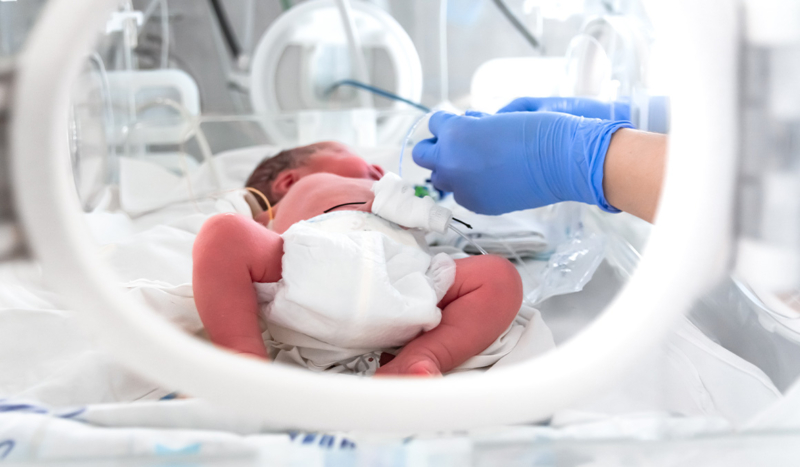
CV NEWS FEED // A new law that allows a parent to anonymously surrender his or her infant up to 30 days after the baby’s birth—rather than the previous seven day limit—went into effect in Florida on July 1.
The law amended a Florida statute regarding the surrendering of infants in hospitals, fire stations, or emergency medical service stations. The previous statute had only allowed parents to surrender their newborns if the babies were seven days old or younger.
Under Florida law, if a parent surrenders their infant in person at a hospital, fire station, or emergency medical service station, no questions will be asked. The parent will be immune from criminal prosecution as long as there is no evidence or suspicion of abuse or neglect.
The law was also amended to provide for the needs of parents directly after delivery, saying that parents may leave their newborn at the hospital in the care of medical staff or healthcare professionals as long as the parent has notified them that he or she is voluntarily leaving the baby and does not intend to return.
Parents can also use Safe Haven Baby Boxes located at some fire stations, which allow parents to place their infant in a temperature-controlled box set into the wall of the building. Once the door is closed, first responders retrieve the infant within minutes and provide medical care, eventually placing the child for adoption.
Pam Stenzel, development director for Safe Haven Baby Boxes, told Pregnancy Help News that the boxes help parents who might be fearful or feel shame at surrendering their babies in person. One mother said that she used the box in order to avoid conversations that might talk her out of a decision that took her “so long to make.”
Other safe haven organizations welcomed the updated law.
“Extending the age limit an infant can be surrendered to 30 days old or younger, including 911 services as designated Safe Haven providers, and allowing a parent to surrender their infant in the hospital of delivery, are particularly meaningful changes to the law that are in line with a comprehensive, model Safe Haven law,” Leah Kipley, assistant director of National Safe Haven Alliance, told Pregnancy Help News.
Nick Silverio, founder and director of a Safe Haven For Newborns, added that the new law “provides the mother with more options and allows her additional time to make the best decision for her and her newborn baby.”

